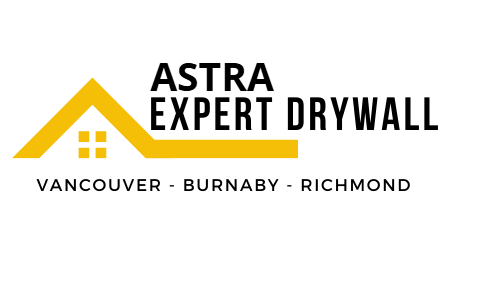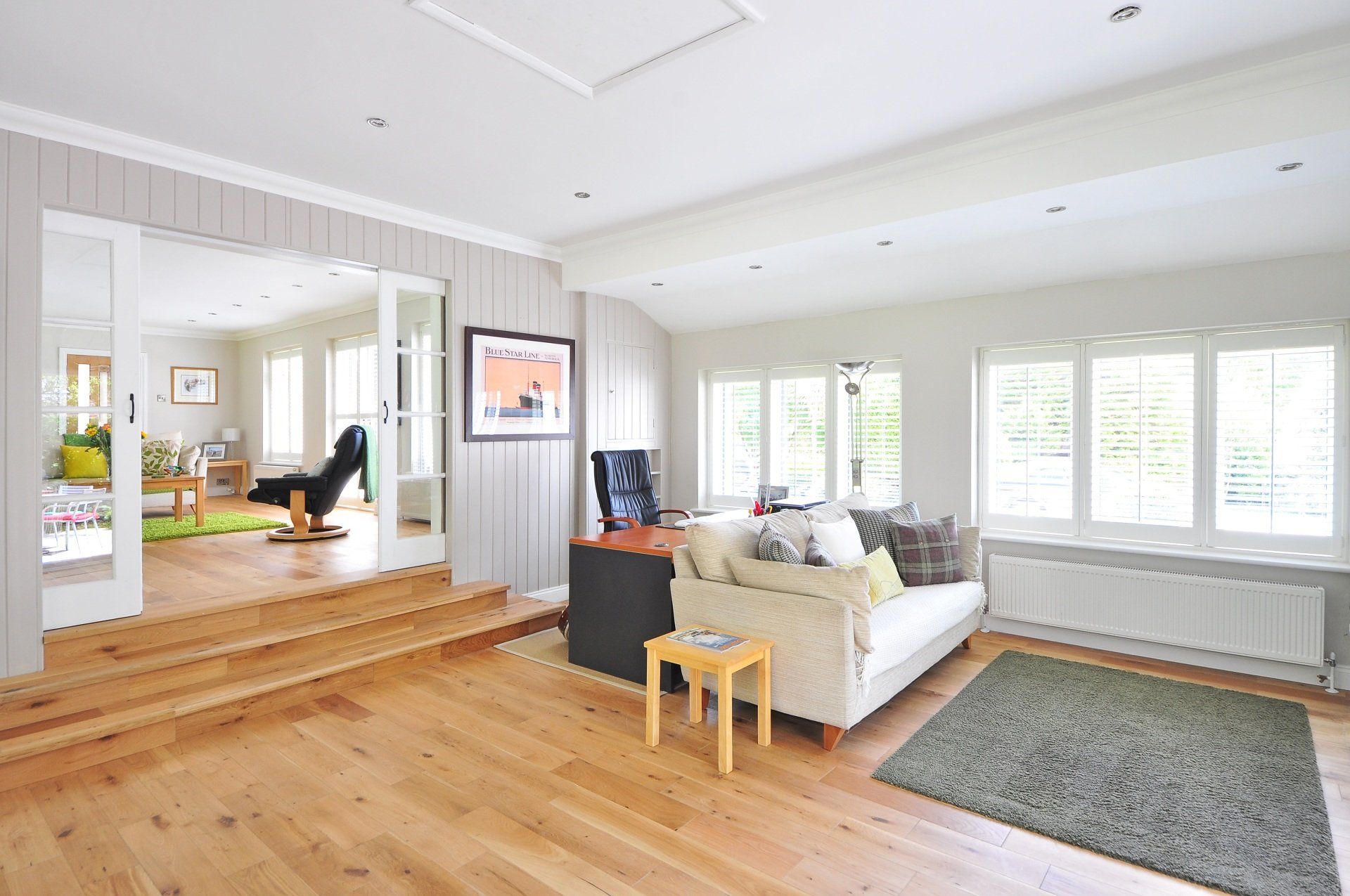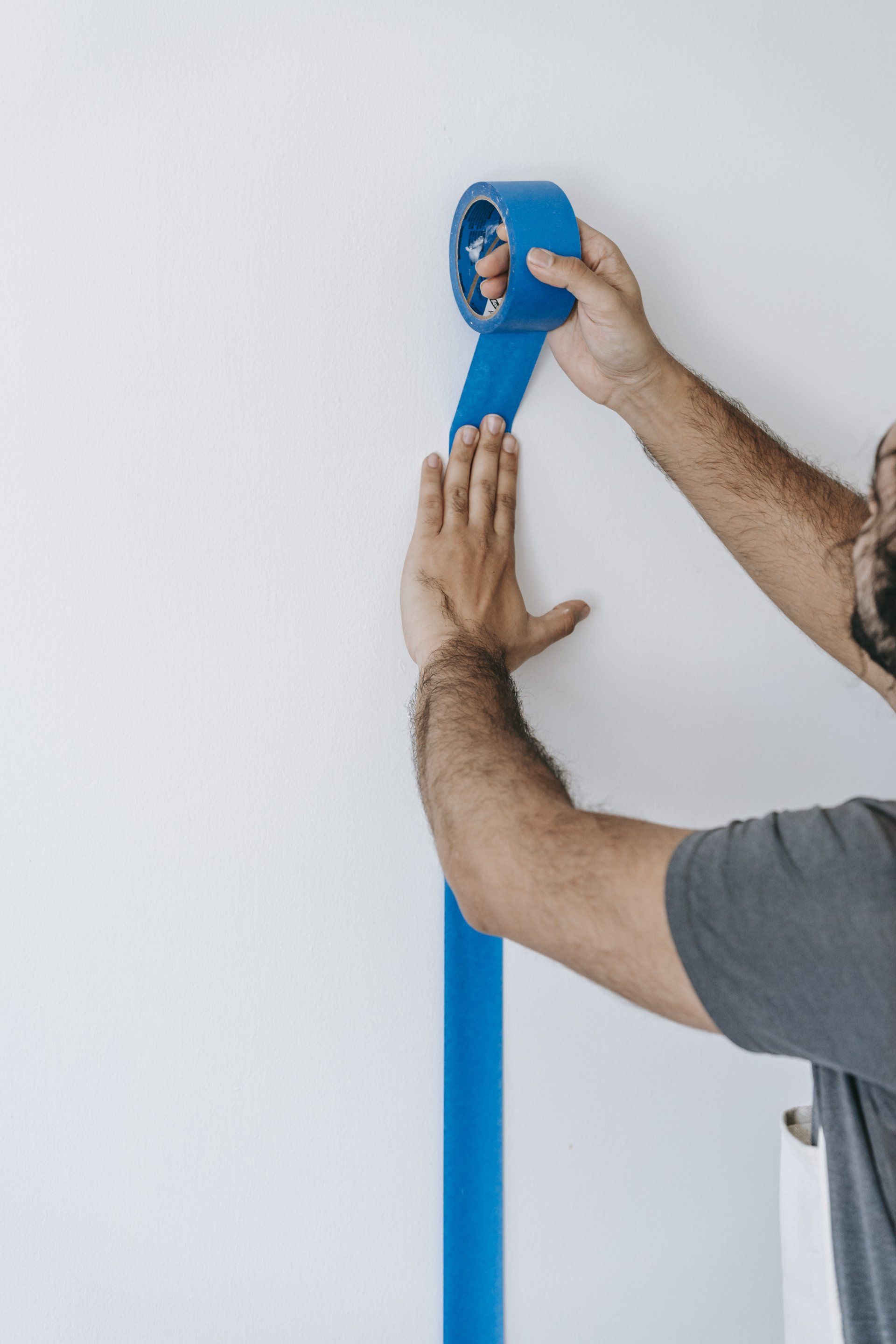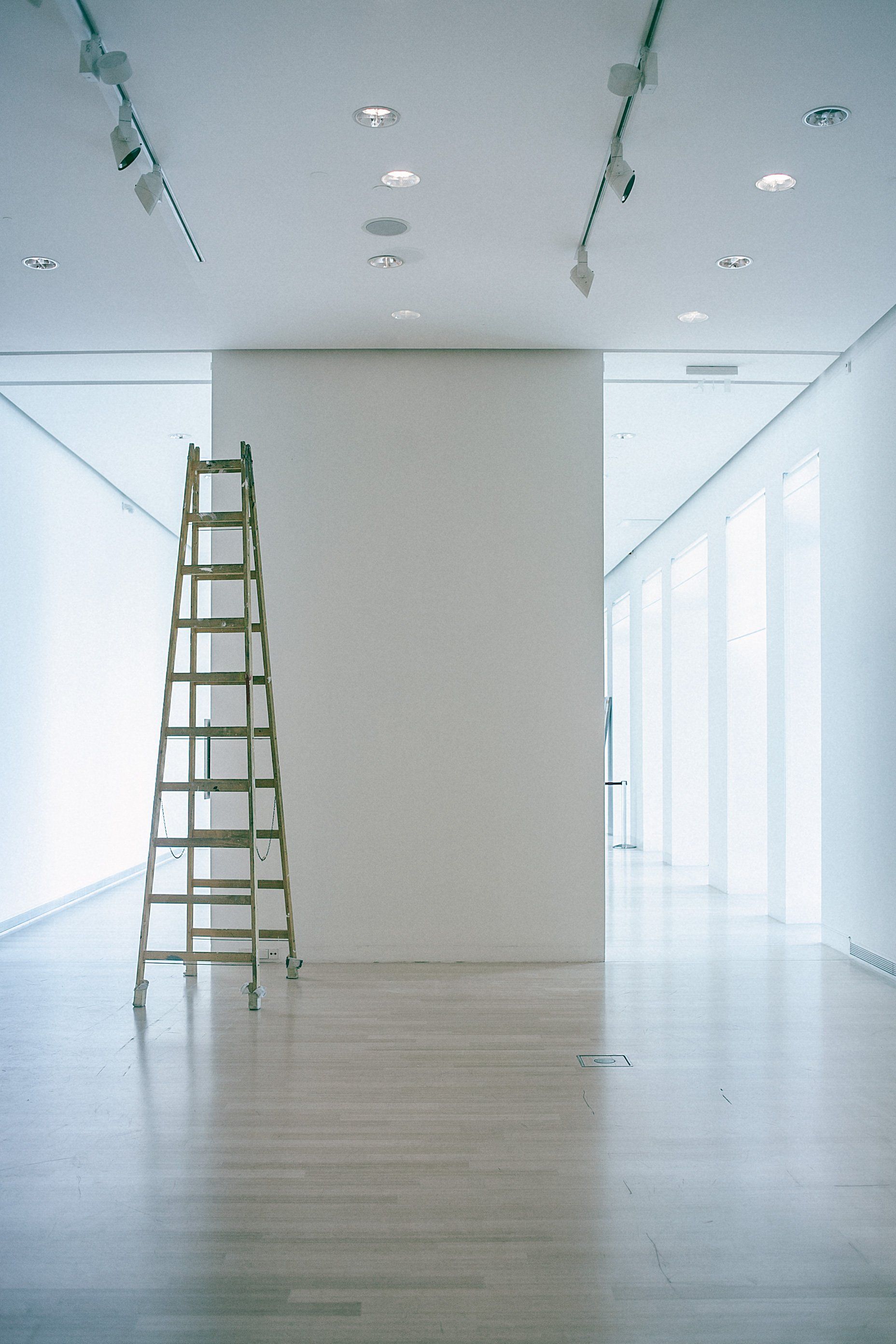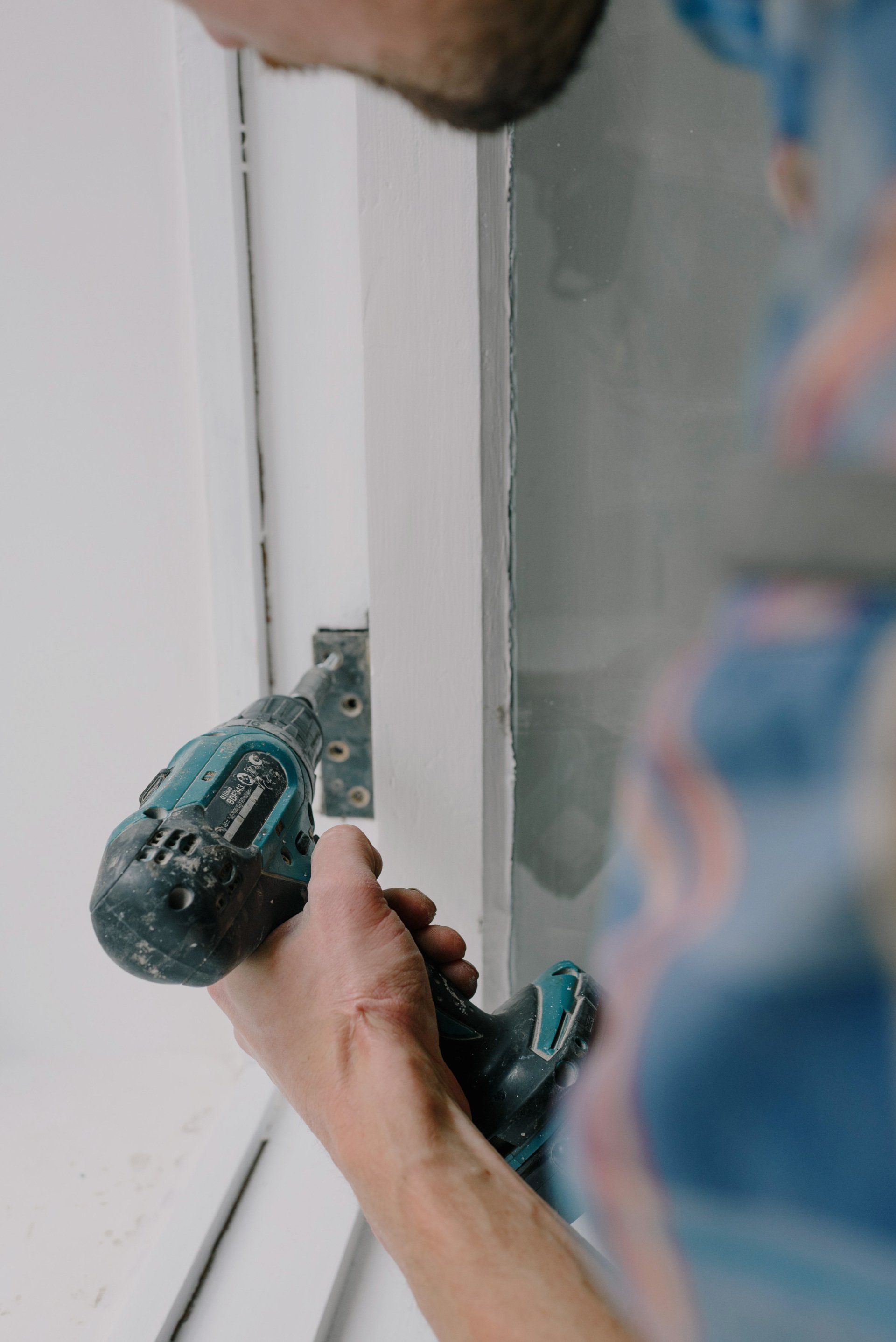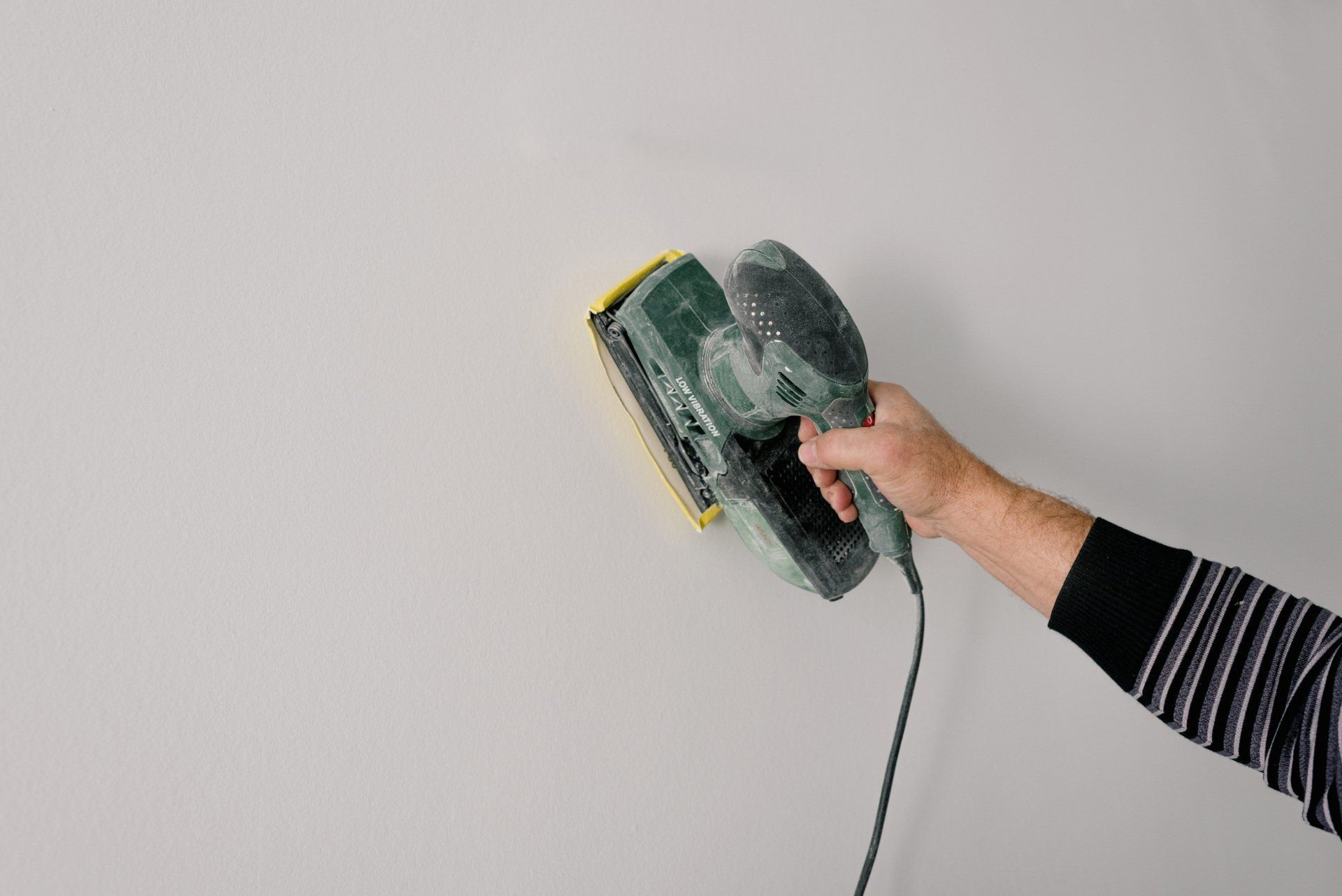Should You Focus on Drywall?
Should You Focus on Drywall?
If you're looking to expand from general contracting to the field of specialty, then drywall might be the best option. Because drywall is a common feature in modern-day buildings, it's not uncommon to have plenty of work unless there's a slump within the market. With experience in general contracting and expertise in drywall work, you're sure to find work.
What does a drywaller do?
As a drywaller, it is likely that you'll require a particular set of abilities to complete the task. You already have the majority of these abilities because of your previous experience as a construction worker, including measuring and marking using tape measures, straightedges, power saws, and utility knives. You'll work with glue, nails, tape, and screws, along with sealing substances, sandpaper, and mechanical sanders.
The main skill you'll require is working with the materials that are made of drywall board and similar materials that behave in a specific way, and knowing how to use the materials is an essential element of your job.
As a drywaller, you'll be accountable for cutting, marking, and measuring wallboard in accordance with plans and securing the boards to each other and to the wall fixtures, patching the edges and rough spots, tapering and sealing joints between boards, sealing and sanding the entire thing to ensure a uniform, and smooth surface.
How do you become a drywall specialist?
The profession of drywall installation specialist does not require any additional education. You can learn the trade from an experienced drywall installation specialist or pursue an apprenticeship through a course similar to the one provided by the United Brotherhood of Carpenters. You won't require any additional licenses or registration other than the one you'll need to become a general contractor in the area you live in. In most cases, being insured and bonded is enough; however, you should be sure to verify your local laws to confirm.
How is the pay?
Based on the United States Bureau of Labor Statistics, the median annual salary for installers of drywall was $41,090 in May 2016. The 10% of installers made less than $26,830. Meanwhile, the other 10% earned greater than $79,660. Compensation is contingent upon how much demand is for the expertise and experience. If you're in a tiny rural area, you could expect to earn less since there's less work to be had, and the work is of lesser value to the people in the area. If you live in an area where there is a renovation or construction boom or that has a large number of jobs to be found, you are likely to earn higher, even when they are just beginning their journey.
Are there markets for drywall experts?
Although the outlook for the market is different depending on the region, the Bureau of Labor Statistics predicts that there will be no changes in demand for drywall experts between 2016 and the year 2026. As drywall is the most popular wall covering, demand for it will continue to be. As the older employees are retiring, there is a steady demand for new drywall installers to take over the ones who have left. Because drywall installation is a physically demanding job, it is worth learning to set up it as an additional career option or as a supplement in addition to contracting is an important ability. If you're wondering whether you should pursue a specialization in the installation of drywall in addition to general contracting and other jobs, the answer, judging by numbers, is typically a positive "yes!"
Ready to work with Astra Expert Drywall Vancouver?
Let's connect! We’re here to help.
Send us a message and we’ll be in touch.
Or give us a call today at 778-402-1136
More Tips, Tricks & Tools

